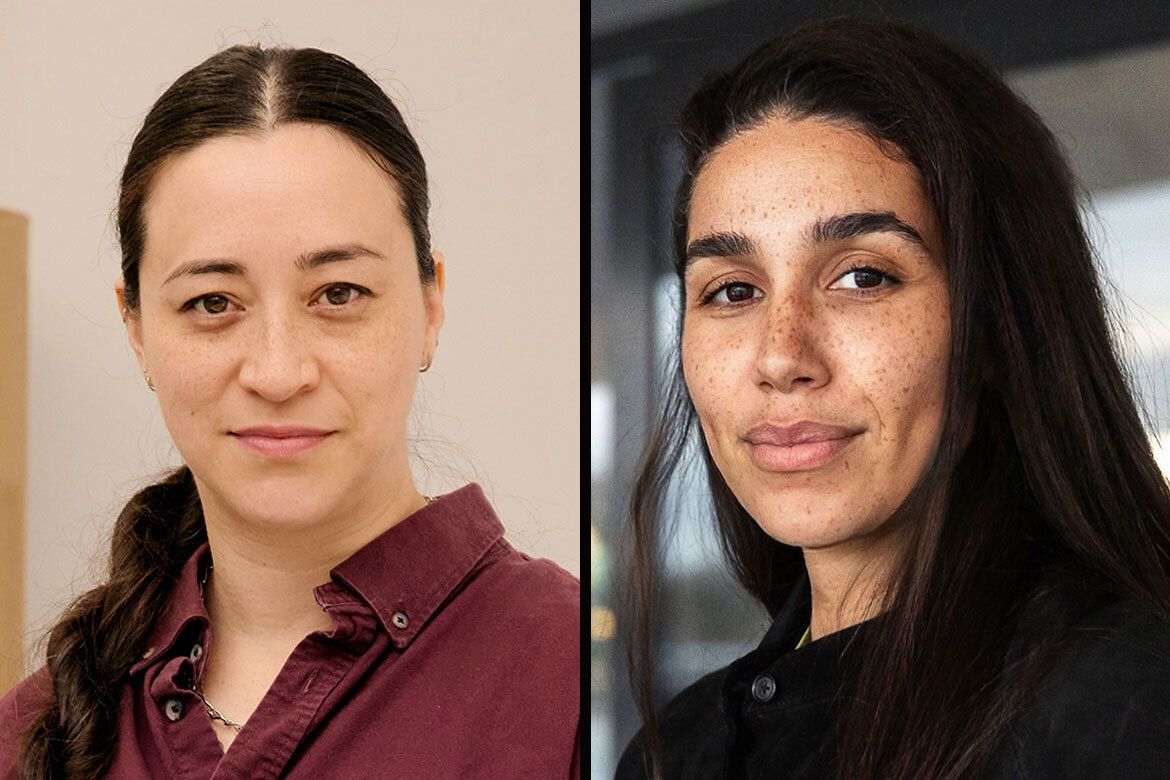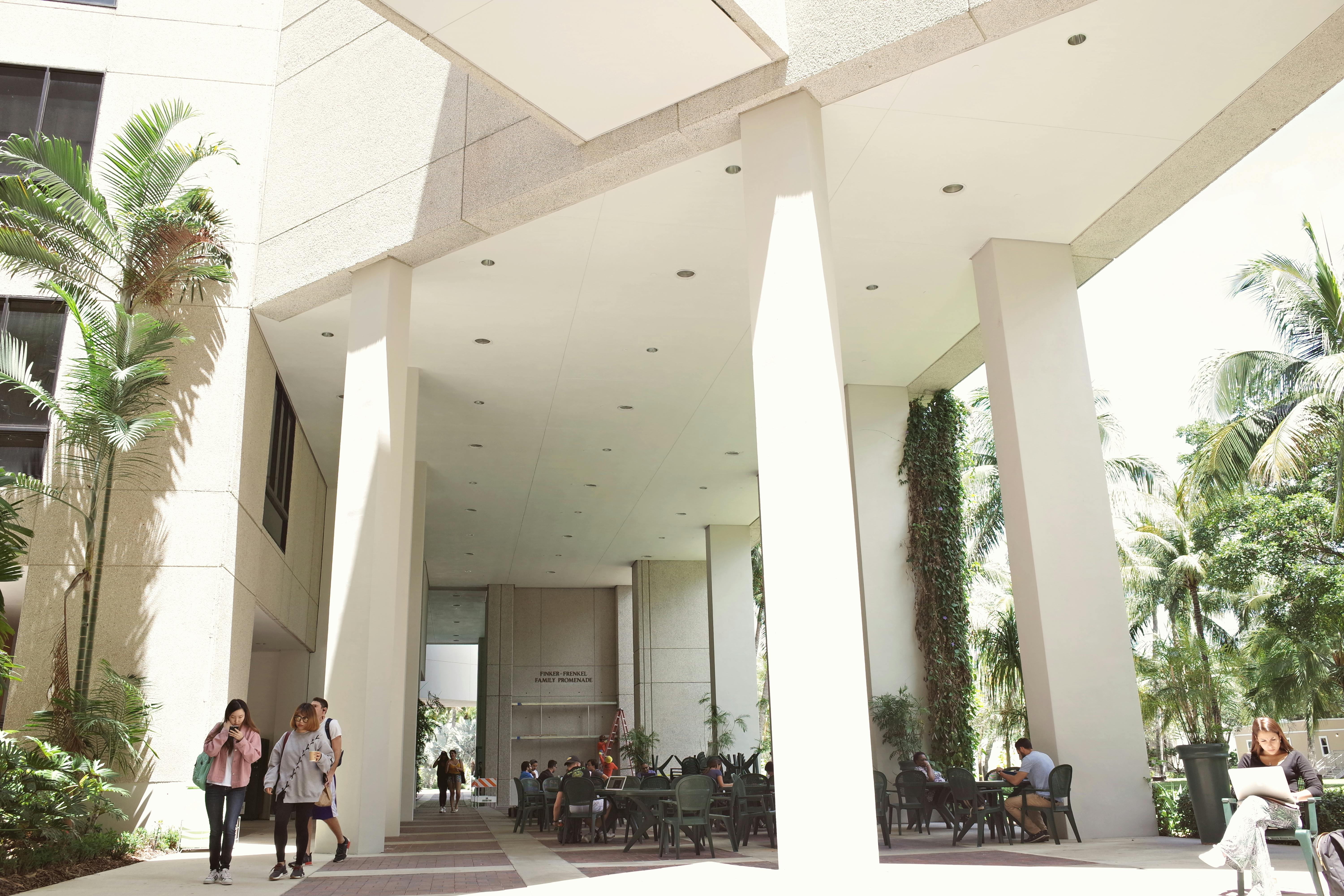Racism against Asian Americans isn't unique to the coronavirus pandemic—everyone else is just becoming more aware now
Tips
On March 2nd, I went to Costco. News that coronavirus (COVID-19) could hit the U.S. the same way it had devastated China in January was just starting to spread, so I figured I might as well take my annual shopping trip to the warehouse in Clifton, New Jersey, to stock up. With toilet paper and paper towels in my cart, I walked toward the front of the store, passing by a product representative hawking samples. “Stay away from my face!” she said sternly. I looked around. Was she talking to me? There was another Asian woman in front of me. When I turned back toward her, I couldn’t even make eye contact with the product representative—she was holding a box in front of her face, shielding herself from us.
Whether this was directed at me or the woman ahead of me—or both of us—I didn’t know, but I shrugged it off. After all, comments reflecting anti-Asian sentiment like this have long been a part of my life: I was born in Chicago and raised in California by Taiwanese immigrants.
Sometimes these incidents are just a passing comment—or the pressing question, “No, where are you really from?” Other times they’re harsher, like when a non-Asian stranger incessantly shouted at me, “Ni hao ma?” trying to get a chuckle out of me, or when a neighbor asked how I could see through my “small eye slits.” “But really, how do you see?” he insisted. There was even the time I was told the only reason I landed a magazine editor job was because I was Asian and someone got a diversity hiring bonus.
Read the original article ...>>
The views and opinions expressed in the article are solely those of their authors, and do not necessarily reflect the opinions and beliefs of UDiversity.com.





Comments (5)
Best Company Reply
- Ali Tufan
- 2 days ago
Lorem ipsum dolor sit amet, consectetur adipiscing elit. Fusce vel augue eget quam fermentum sodales. Aliquam vel congue sapien, quis mollis quam.Because Other Candidates
- Martha Griffin
- 23 August 2018
Lorem ipsum dolor sit amet, consectetur adipiscing elit. Fusce vel augue eget quam fermentum sodales. Aliquam vel congue sapien, quis.Aldus PageMaker including versions Reply
Lorem ipsum dolor sit amet, consectetur adipiscing elit. Fusce vel augue eget quam fermentum sodales. Aliquam vel congue sapien, quis mollis quam.